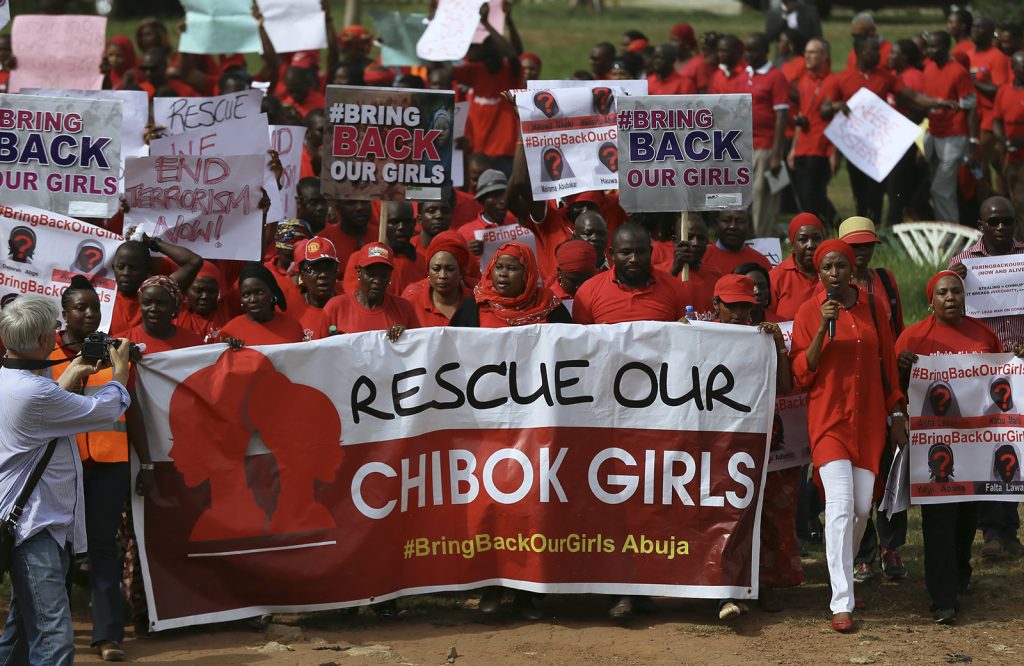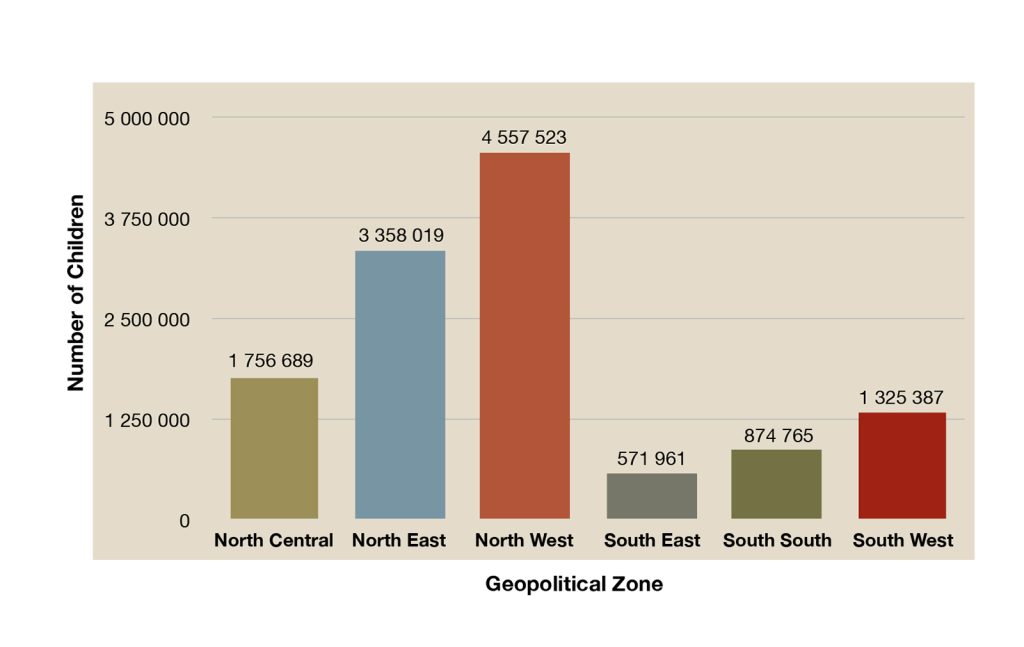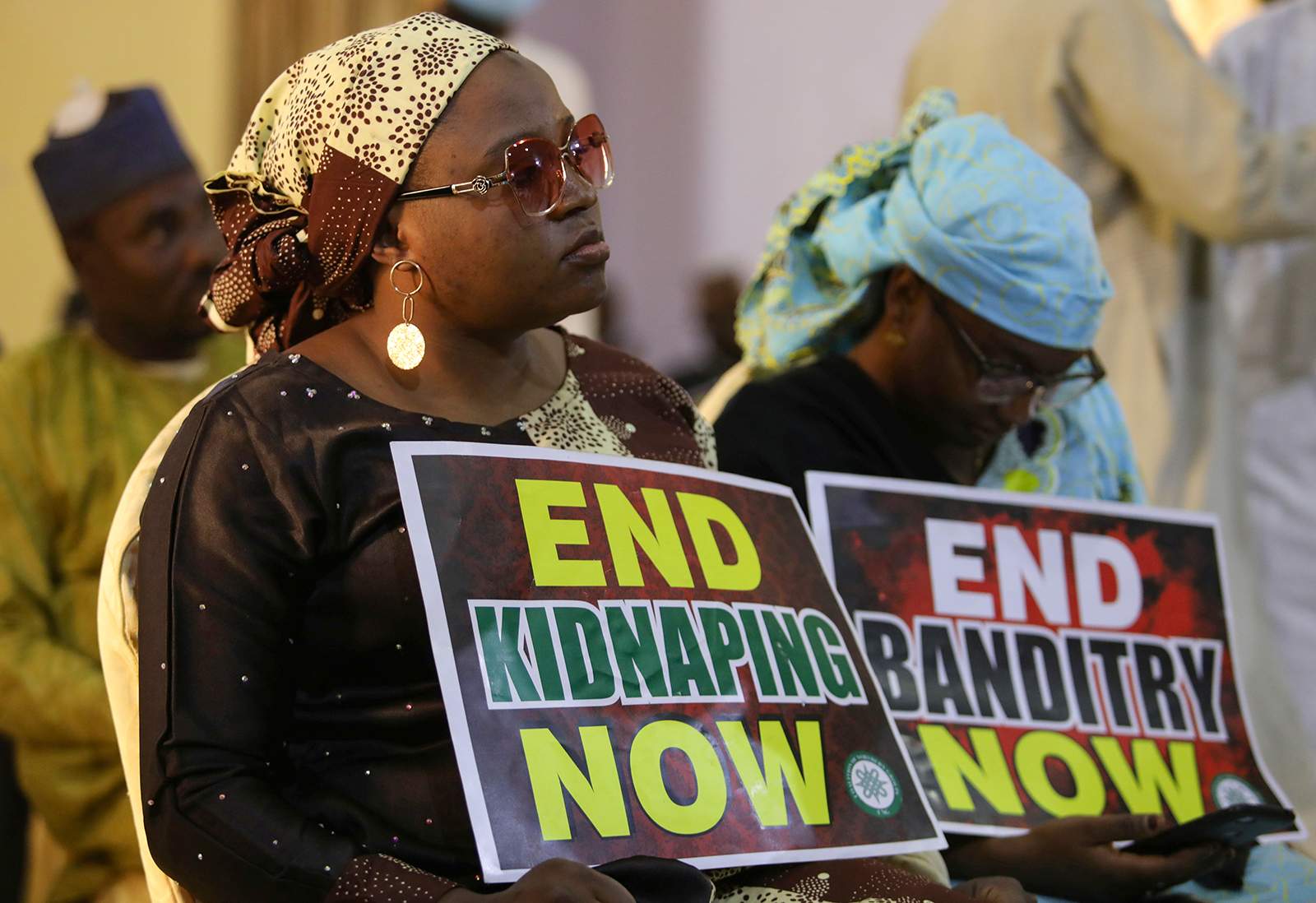Nigeria’s Northwestern region is currently grappling with a severe and escalating insecurity crisis characterized by mass kidnappings orchestrated by armed gangs, often referred to locally as “bandits.” This phenomenon has had profound and devastating effects on local communities, disrupting social and economic life and prompting urgent security responses from government forces.
The recent surge in mass kidnappings in states such as Zamfara, Kaduna, Katsina, and Sokoto underlines a broader pattern of lawlessness that has afflicted the region since around 2020. In one of the most alarming incidents this year, armed men abducted over 50 people in the early hours from a rural community in Zamfara state. These attacks involve raids on villages where entire families, including men, women, and children, are forcibly seized and taken to forest hideouts controlled by these gangs. Victims are often farmers and traders, underscoring the particular vulnerability of rural livelihoods to disruption and trauma.
The crisis in northwest Nigeria is complex and rooted in multiple factors including poverty, weak governance, and intercommunal tensions. What started as sporadic cattle rustling and local disputes has escalated into organized criminal enterprises that include kidnapping-for-ransom, extortion, armed robbery, and violent raids on farms and communities. The armed groups are often better equipped than local police and have taken advantage of inadequate state presence in large swathes of territory, particularly in Zamfara and neighboring states. Government efforts to curb the violence have so far met with limited success as these gangs remain resilient and increasingly bold in their operations.

The human toll is severe. Thousands have been kidnapped in recent years, with hundreds killed. The psychological trauma inflicted on affected communities is profound. Kidnappings force families to liquidate assets to pay ransoms and disrupt access to education, as children are taken from schools and communities live in constant fear of new attacks. For instance, bandits have targeted schools in Kaduna and Sokoto states, abducting hundreds of children, which has drawn international outrage and intensified calls for government action.
Economically, the insecurity has undermined agriculture, the mainstay of the region’s economy. Farmers are abandoning their fields due to fear of attacks, drastically reducing food production and pushing up prices—food inflation in the affected zones has soared by over 22% in the last year alone. Investment in agriculture and rural enterprises has also suffered, further stalling economic development and deepening poverty.
Security responses have included increased military and police operations, community vigilante groups, and efforts to improve intelligence gathering. However, experts argue that military force alone will not resolve the crisis. A multi-faceted approach addressing root causes such as poverty, youth unemployment, governance deficits, and intercommunal conflicts is essential. Engaging local communities and leaders in peacebuilding, supporting victims through trauma counseling, and investing in infrastructure to restore livelihoods are also critical components of a sustainable strategy.

The insecurity in northwest Nigeria also poses cross-border risks. The porous borders with Niger and Chad facilitate the movement of arms and criminal elements, raising concerns about regional destabilization in the Sahel. The international community, including the United Nations and African Union, has condemned the violence and urged stronger, coordinated measures to protect civilians and restore governance.
In summary,
the mass kidnappings and rising insecurity in Nigeria’s northwestern states represent a deepening crisis that is devastating communities and threatening regional stability. The government faces mounting pressure to not only contain the immediate threat through security operations but also to implement comprehensive reforms to address the underlying conditions that enable such violence to thrive. Without sustained and multifaceted efforts, the plight of those affected and the broader security situation in northwest Nigeria may worsen significantly
[PDF] For more Detailed Reference:

